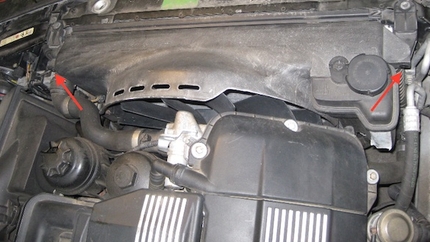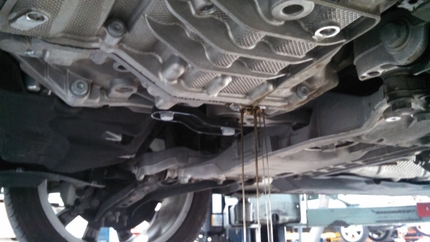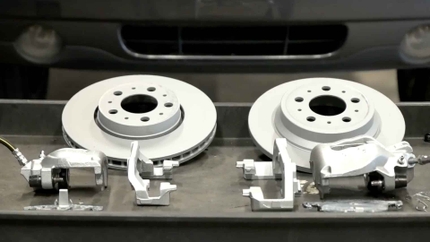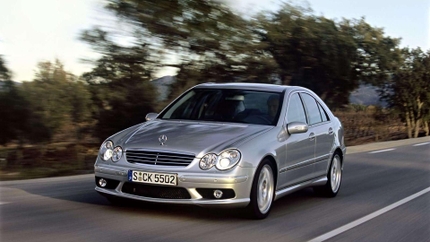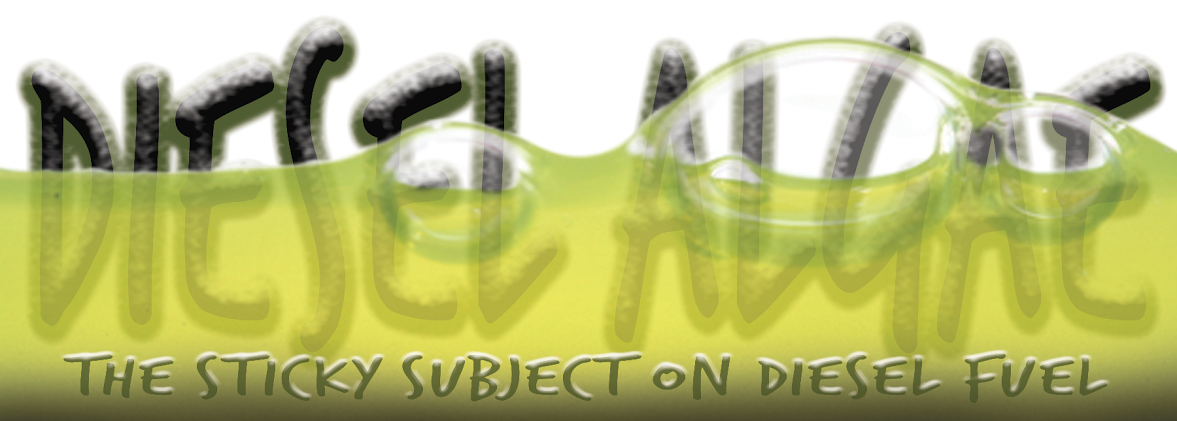
Anyone who has driven a diesel long enough, knows about diesel “algae” and the nasty effects it can have. While the Mercedes diesel is a true masterwork of engineering, it does however need to be taken care of to get the millions of miles so many love to claim they can achieve.
So what exactly is diesel algae? Well, it is certainly not “algae” in the green form at all, but rather organic black sticky matter from the natural breakdown or deterioration of the fuel that leaves behind what could be better known as tar or asphalt. Mix with that a little rust and dirt that has entered the fuel and you have the complete diesel “algae” recipe in your tank.
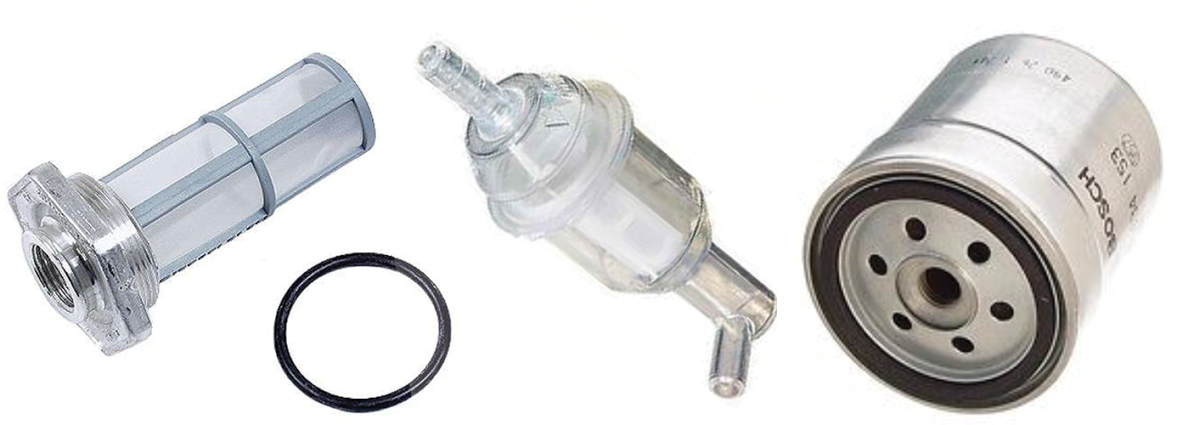
Reducing Diesel Algae - It is necessary for the consumer to supplement with the proper additives to prevent the diesel fuel from plugging the filters and adhering to the tank and lines especially with todays ULSD (Ultra Low Sulfur Diesel).
Microbial growth and bio-degradation - Of fuel can cause filter plugging. Micro- organisms can also be the cause of filter clogging through the formation of waste during the life cycle. This process however accounts for a nearly undetectable fraction of solids that might cause your fuel to degrade.
Fuel Instability - Diesel fuel is exposed to high pressure and high heat as the unused fuel flows back to the tank and is recirculated. When the fuel continues this cycle through the injection system, the fuel begins to degrade turning into the tar based substance that will account for the majority of the fuel filter clogging. Water can also be introduced into the system when the hot fuel in the tank cools creating condensation. For this reason it is always good to keep your tank no less than half full or half empty depending on how you prefer to get through life.
In the case of the W123 240D, Mercedes requires that your fuel tank filter be changed out at regular intervals, along with your pre and post filters at the engine. Regular use of cleaners/ conditioners should be used at each fill up to keep your entire diesel fuel system performing at its peak.
The photo shows the placement (red arrows) of the two diesel fuel filters that will need to be changed out at regular intervals.

Remember, just because you do not due much driving doesn’t mean you don’t need to change out your filters. Infant shorter more frequent trips can more quickly lead to filter plugging and excess water build up than longer less frequent trips.
The additive that I have had great success with in keeping filters and tanks clean in my 1981 240D is E-Zoil Diesel Aid + Cetane and Diesel Aid which according to the manufacturer “emulsifies water to prevent fuel system failure and control microbial slime, increases cetane up to 7 points, increases lubricity, improves cold flow, and cleans your fuel system.” I prefer the Diesel Aid + Cetane because it has the necessary lubricants our vintage diesels need due to the ULSD now mandated at the pump. The other option is to supplement your favorite cetane additive with Red Line 85 Plus diesel additive. My personal preference is to use one ounce of E- Zoil and one ounce of Red Line 85 Plus Diesel for every half tank fill up. While this might be overkill, it gives me piece of mind in knowing for sure the pump and injectors are properly lubricated.
For those in cold weather climates, where the temperatures go below freezing, you will want to add a diesel anti-gel agent to keep the wax or paraffin in the diesel from congealing. Be sure however, to continue to run not just an anti-gel agent, but also the proper lubricants and cleaners.
Just as important as using additives to keep your fuel system clean and lubricated, is the regular maintenance with other cleaning agents. In a future article I will be testing two Blue Chem products on my 240D that are supposed to deliver exceptional results in performance and fuel economy.


